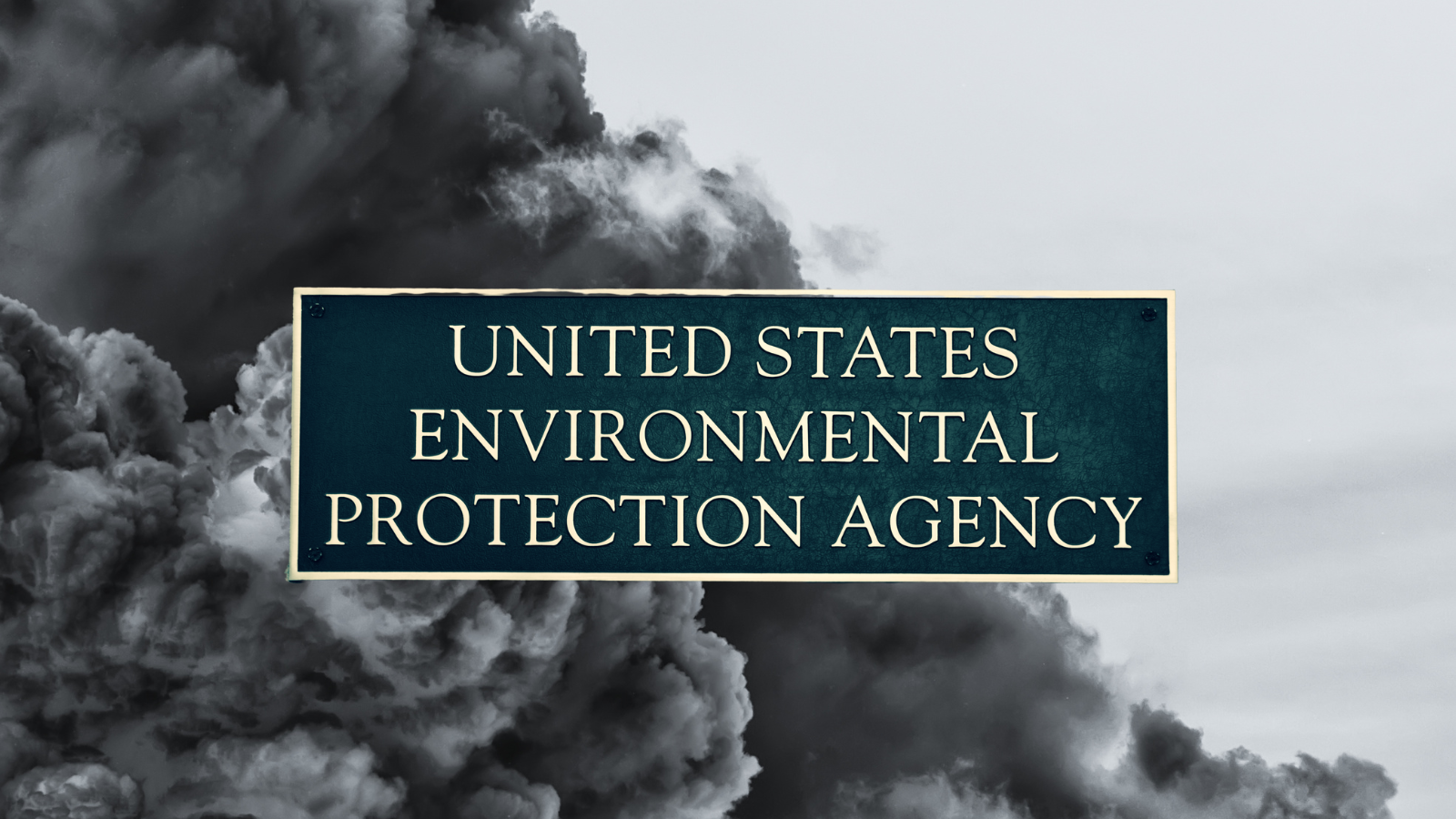Testing for dioxins in East Palestine’s soil will likely yield positive results
Is this is true, why is the Environmental Protection Agency delaying testing the East Palestine delaying testing? After the Norfolk Southern train derailment resulted in a massive hazardous chemical spill, local residents have issued grievances - concerned about the health and safety of their homes. Some think that the EPA has been slow to provide verifiable testing of dioxins because they know that they will find it… and the concerns and issues will only be amplified.
Dioxins are a group of highly toxic chemical compounds that are persistent environmental pollutants. They are formed as a byproduct of various industrial processes, such as waste incineration, pulp and paper bleaching, and the production of certain chemicals and pesticides. Dioxins are also formed naturally in small amounts as a result of forest fires and volcanic eruptions. Dioxins are of concern because of their potential to cause serious health effects in humans and animals. They are known to be carcinogenic and can also cause developmental and reproductive problems, damage to the immune system, and other health issues. Because they are persistent and can accumulate in the food chain, dioxins can pose a long-term risk to human health.
In a groundbreaking move, the Environmental Protection Agency (EPA) announced new regulations limiting PFAS, or "forever chemicals," in drinking water.
The California Air Resources Board (CARB) has issued a mandate that tugboat operators must upgrade their engines with unapproved Diesel Particulate Filters (DPFs) within six months.
The U.S. government's ambitious plan to cut greenhouse gas emissions from passenger vehicles is facing skepticism about its feasibility and whether it goes far enough.
The U.S. Environmental Protection Agency (EPA) has proposed more stringent standards for greenhouse gas emissions from heavy-duty vehicles, aiming to transition to zero-emission vehicles (ZEVs) by model year 2032.
The Owner-Operator Independent Drivers Association (OOIDA) has voiced its opposition to the U.S. Environmental Protection Agency's (EPA) Greenhouse Gas Phase 3 proposal, stating that it disregards the concerns of truck drivers.
A group of diesel fuel industry stakeholders is urging the EPA to revise its greenhouse gas standards for heavy-duty trucks and adopt a market-oriented, technology-neutral approach to decarbonizing transportation.
Proposed regulations by the Environmental Protection Agency (EPA) aim to significantly increase the adoption of electric vehicles (EVs), requiring 60% of new car sales to be EVs by 2030 and 67% by 2032.
Lawsuits have been filed by 19 states, led by Iowa, against the U.S. Environmental Protection Agency (EPA) over its support for California's future ban on heavy diesel vehicles.
The Environmental Protection Agency (EPA) recently unveiled more robust proposed regulations for emissions from vehicles. T
Is this is true, why is the Environmental Protection Agency delaying testing the East Palestine delaying testing?
The efforts underway in East Palestine, Ohio to remove contaminated waste from the location of a fiery train derailment in early February have been “temporarily halted” by the Environmental Protection Agency (EPA).
In an extremely rare turn of events, the United States Environmental Protection Agency vetoed a project in remote southwest Alaska.
The Owner-Operator Independent Drivers Association (OOIDA) is slamming the EPA over what they’re defining as “unrealistic regulations” for the trucking industry.
The Environmental Protection Agency’s tougher pollution standards will be issued for compliance on 2027 models of large trucks, delivery vans, and buses.















The EPA issued a crucial alert, urging water utility systems to enhance their cybersecurity measures immediately to protect the nation's drinking water.